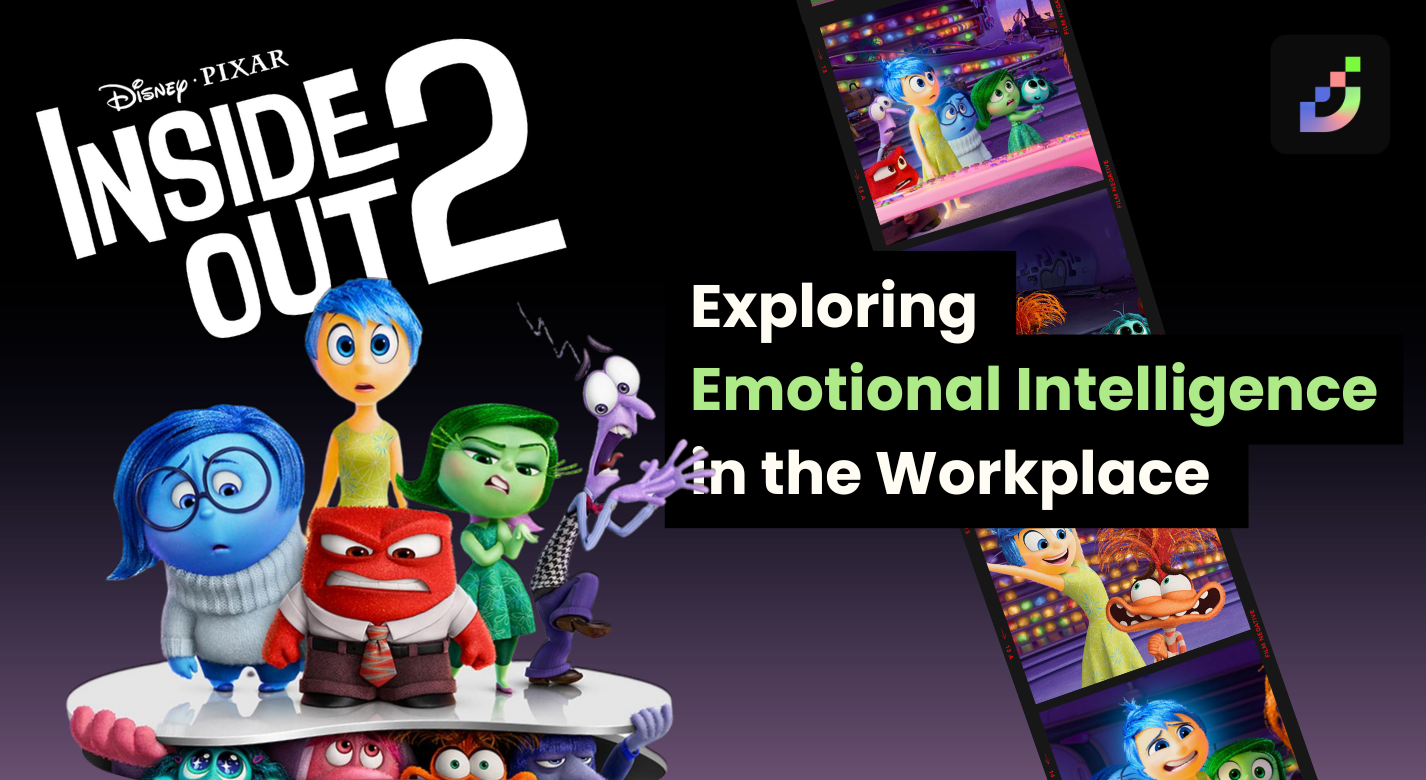In today’s workplace, we encounter colleagues with all kinds of personalities from quiet and calm individuals to energetic social butterflies. One of the most talked-about personality types is the “Extrovert” those who often become the center of attention and bring energy to the team. But what are their strengths and challenges? Let’s find out!

In today’s diverse workplace, we encounter people with all kinds of personalities—some quiet and thoughtful, others energetic and talkative. One of the most common and dynamic personality types found in teams is the “Extrovert” , someone full of energy, enthusiasm, and social engagement.
But did you know? Working with Extroverts can have a strong positive impact if we understand their nature and communicate with them the right way. When managed well, the “energy of an Extrovert” can become a powerful driving force that pushes the team toward success.
What Is an Extrovert?
An Extrovert is a person who gains energy and motivation from interacting with others. They enjoy conversation, sharing opinions, and feel confident in group settings or teamwork situations.
Common Traits of Extroverts
Enjoy socializing and meeting new people
Confident in public speaking
Make decisions quickly and express emotions openly
Feel energized when around people rather than being alone
Love giving opinions and appreciate feedback
Have an optimistic, action-oriented mindset

These individuals often act as the “spark of energy” in a team—keeping things lively, making meetings fun, and ensuring projects stay engaging and dynamic.
MBTI Types That Are Extroverts
In the MBTI (Myers-Briggs Type Indicator), the first letter “E” stands for Extroversion.
Common Extrovert MBTI types include:
ENTJ – Natural leaders, strategic thinkers
ENFP – Inspirational, creative, and imaginative
ESFP – Fun-loving, charismatic, and great at lifting team spirits
ESTJ – Organized, structured, and results-driven
ENFJ – Emotionally intelligent and empathetic leaders
ESFJ – Kind, helpful, and caring about others’ feelings
Benefits of Working with Extroverts
Creates a Positive Team Atmosphere:
Extroverts initiate conversations and make others feel comfortable, helping the team collaborate openly.
Direct and Open Communication:
They express thoughts clearly and confidently, making it easier to identify issues and find solutions quickly.
Motivational Energy:
When the team’s morale dips, Extroverts often reignite motivation and enthusiasm.
Great at Networking:
Their social nature helps build valuable connections with partners, clients, and new business opportunities.
Challenges of Working with Extroverts
Even though their energy is valuable, sometimes it can be too much if not balanced properly:
Talking too much and not giving others a chance to share
Making decisions too quickly without full consideration
Juggling too many tasks at once and losing focus
Accidentally overshadowing quieter teammates (Introverts)
These challenges are manageable—especially if we understand their nature and adapt our communication style accordingly.
How to Work Effectively with Extroverts

1. Listen and Engage in Open Dialogue
Don’t shut them down when they talk a lot. For Extroverts, “talking is thinking.” Listen actively and exchange ideas—they’ll feel heard and will, in turn, value your input more.
2. Leverage Their Social Strengths
Assign them to roles that involve communication—like presenting projects, engaging with partners, or leading meetings. Extroverts shine brightest when they’re interacting with others.
3. Create Balance in Communication
Sometimes Extroverts can dominate conversations. Help guide discussions by summarizing key points or suggesting breaks to refocus. This keeps communication efficient and on track.
Tips for Building a Balanced Team (Extroverts + Introverts)
Let Extroverts lead presentations, connect with people, and build morale.
Let introverts focus on deep thinking, planning, analysis, and detail management.
Use hybrid meeting styles – mix live discussions with written feedback channels.
Build a team culture that gives equal space for everyone’s voice.

When both styles work together with understanding, the team benefits from energy, creativity, and thoughtful insight.
Working with Extroverts doesn’t mean you have to become louder or more social like them.
The key is to understand that their energy comes from connection. When we know how to channel that energy effectively, the team becomes more balanced, productive, and enjoyable.
In the end, whether you’re an Extrovert or an Introvert, great teamwork comes from respecting differences and growing together.
Ready to find a job that fits your personality? Explore opportunities that match you at Jobcadu.com











